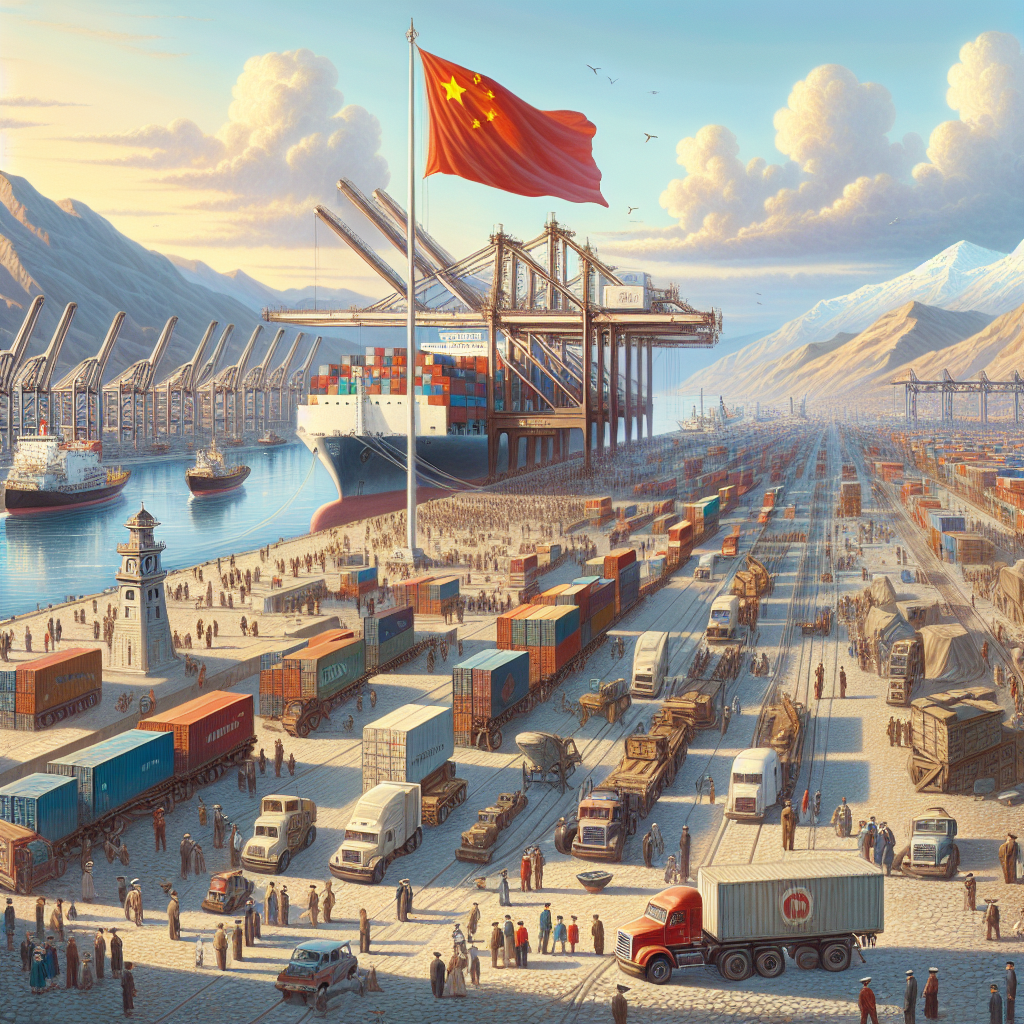China Expands Influence in Latin America with New Megaport in Peru
In a remarkable development echoing the spirit of globalization, China has officially inaugurated a vast new port in Peru, aiming to enhance its foothold in Latin America. The opening of this megaport, a centerpiece of China’s Belt and Road Initiative, marks a significant milestone in the region’s trade dynamics. As this ambitious project unfolds, it raises essential questions about local involvement and the broader implications for regional economies and communities.
China’s President Xi Jinping made a high-profile visit to Lima for the port’s unveiling, emphasizing the project’s potential to transform trade routes across the Pacific. Local reports indicate, however, that many residents feel sidelined, prompting concerns about equitable benefits from such extensive foreign investments.
Local voices express unease, highlighting a disconnect between the monumental investment and its perceived benefits for the community. "While the port promises prosperity," noted a local leader, "we want assurance that our needs are also prioritized." This sentiment reflects a universal truth echoed in the teachings of Jesus, who highlighted the importance of equitable treatment and community, saying, "Whatever you did for one of the least of these brothers and sisters of mine, you did for me" (Matthew 25:40, NIV).
Transitioning to the economic landscape, many see the megaport as a pathway to enhanced trade relations, not just between China and Peru, but throughout South America. Business analysts suggest that increased efficiency in shipping logistics could lead to lower prices for goods, benefiting consumers across the continent. Yet, the promise of economic uplift must balance with a commitment to social responsibility and partnership with local communities.
The U.S. has downplayed the potential impact of China’s growing influence in the region, insisting that sustainable development remains a key goal in international relations. However, critics argue that without active local engagement, the benefits of such monumental investments may not reach those who need them most.
As the global economy continues to intertwine, this situation mirrors biblical principles of stewardship, where investment in community and caring for one another sits at the heart of economic actions. For instance, Proverbs 21:13 states, “Whoever shuts their ears to the cry of the poor will also cry out and not be answered.” This reminds us of the inherent value in considering the needs of the marginalized in our pursuits.
In light of these developments, it is crucial for all stakeholders—governments, corporations, and communities—to engage in dialogues that embrace a holistic approach to growth, ensuring that no group is left behind. As we reflect on this expansive change, let us contemplate how the spirit of generosity, as modeled by Jesus, can guide our responses to globalization’s challenges, calling us toward collaboration that uplifts all.
Takeaway: The creation of the port serves as a potent reminder of the interconnectedness of our world. By prioritizing community involvement alongside innovation, we can better align our actions with positive biblical principles, fostering an environment where every individual’s voice is heard. Let this be a call to reflect on how we, too, can contribute to building a more inclusive and compassionate world.
Explore and dig up answers yourself with our BGodInspired Bible Tools! Be careful – each interaction is like a new treasure hunt… you can get lost for hours 🙂


